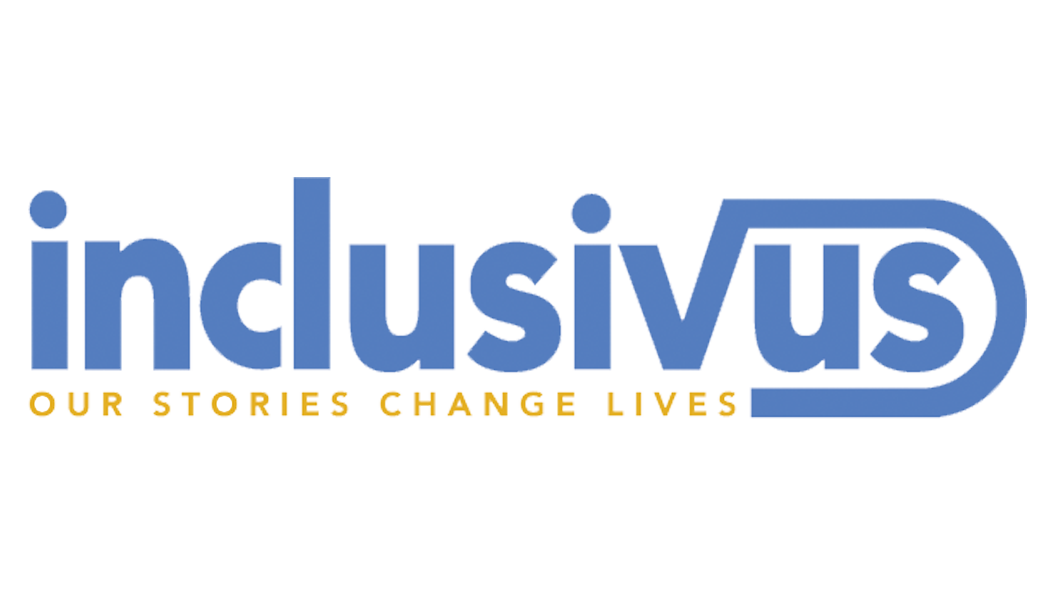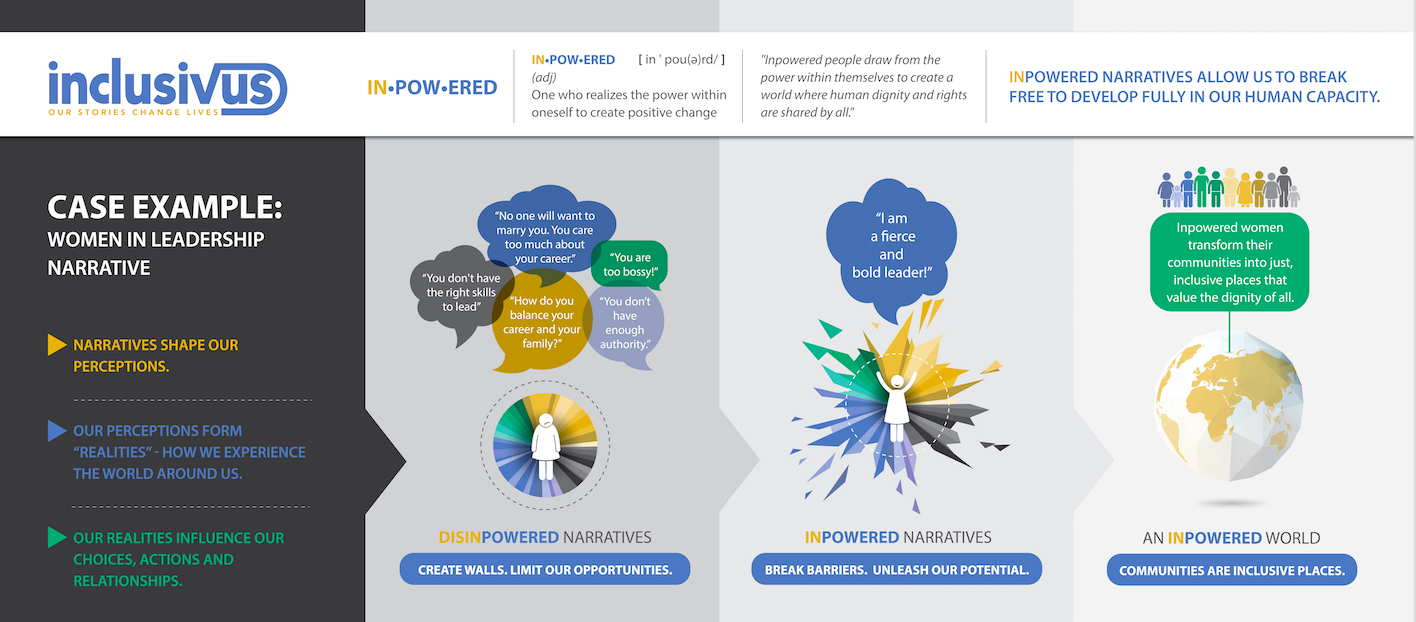By Judithe Registre, Founder and Podcast Host
Image source: Pexels
In last week’s episode of The Get InPowered Podcast, I spoke with Abenaa Akuamoa-Boatenga, the Founder and Executive Director of Women’s Health to Wealth, about her work with women, boys, and girls to advance gender justice in Ghana. During our talk, Abeena said something that struck me about privilege: “Being weak is when you want privilege without responsibilities.” I have not stopped thinking about the power and clarity of that statement. If only everyone else understood weakness, privilege, and responsibilities in this way.
As Abenaa pointed out:
Nobody can just say that, ‘Well, because I have A, B, C, D, I am better off.’ Because at the end of the day, we are talking about a community. And a community is made up of all you people. And therefore, if you are not concerned about making sure that your other fellows there have the minimum in life [while you amass wealth and power], you are just running down your community. […] It is not enough for me alone to be okay, I have to look out for my sister.
I love this point. Accepting responsibility and accountability for our privileges is more than a matter of personal obligation, it is leadership at its best. It is about playing our part as members of a community. It is about looking out for our brothers and sisters, our families, our neighbors. We cannot simply thrive individually and be satisfied. Thriving individually is not thriving at all, because human beings do not really exist individually. We exist with and as part of other people, other communities. As privileged individuals, we owe it to them—to the communities of which we are a part, and to the people in those communities who raised us and who live alongside us—to help build them up.
Accountability for our privilege on the global scale
Lately, the word “privilege” is seemingly ubiquitous in our everyday discourse. More and more people seem to be aware of it. But the problem of privilege extends beyond the personal. It is also a problem on professional and even (and especially) leadership levels.
Of all of today’s various and intricate global problems, so many of them can be traced back to a problem of leadership and the point that Abenaa alluded to in her reflection.* From climate change, to racial justice, to poverty, to gender justice, so many of our biggest problems can be said to be problems of individuals enjoying privilege without a strong sense of responsibility or accountability. Where there is failure of leadership—political or other—it can often be traced back to a weakness and a failure of the leader to accept responsibility with his or her privilege. On the other hand, where there is strong leadership, without a doubt it can be traced back to the leader’s accountability, strength, and responsibility.
Leaders of all types—be they leaders of countries, corporations, or organizations—are afforded the highest levels of respect and status, first and foremost for their positions. While those privileges can be said to be earned—and often they are—the privileges that are associated with gender, race, and socioeconomic status do not warrant the dehumanization of others, nor do they afford those individuals the carte blanche of entitlement. That is wherein lies the problem with status-associated privilege—the assumption of carte blanche entitlement. Privilege is nothing but a structural default that favors some over others.
It is heartening to hear so many people talking about privilege lately, but the next step is the most important: Truly understanding and appreciating the responsibilities and fragility of privilege. Understanding the impact and opportunity of privilege could lead to so much change. For instance, if we were to fully acknowledge gender injustices or our responsibilities to open our doors to refugees, would the current reality be different? When we refuse the obligations afforded by having privilege, it is rather an indictment of abusing privilege. While some would say to be privileged is to be blind to the reality of the experience of the regular person, I say it is to be awakened to the reality and to seek to do something about it. Otherwise, as Abenaa pointed out last week, it is a reflection of weakness.
Of course, the necessity of accepting accountability for our privilege is not so obvious. Each one of us has some degree of privilege. If you are reading this article, you have the many privileges of accessibility to the Internet, being able to read, having the time to do so, etc. And this is absolutely nothing to feel ashamed of or guilty for. Instead, we should all feel privileged. We must acknowledge our privilege and acknowledge that part of our privilege means working our hardest to extend these privileges to everyone.
The wonderful thing about privilege is that it is not something that will run out. Sharing it does not diminish it. The more we have, the more we can share. Expanding opportunities and options can be done over and over, time and time again. As privileged individuals, it is our responsibility to do exactly that.
---
*Note that Abeena did not make these connections. The thoughts expressed here are my own. You can download the episode of The Get InPowered Podcast with Abenaa from the Inclusivus website or by going to Apple Podcast or using the podcatcher of your choice.






